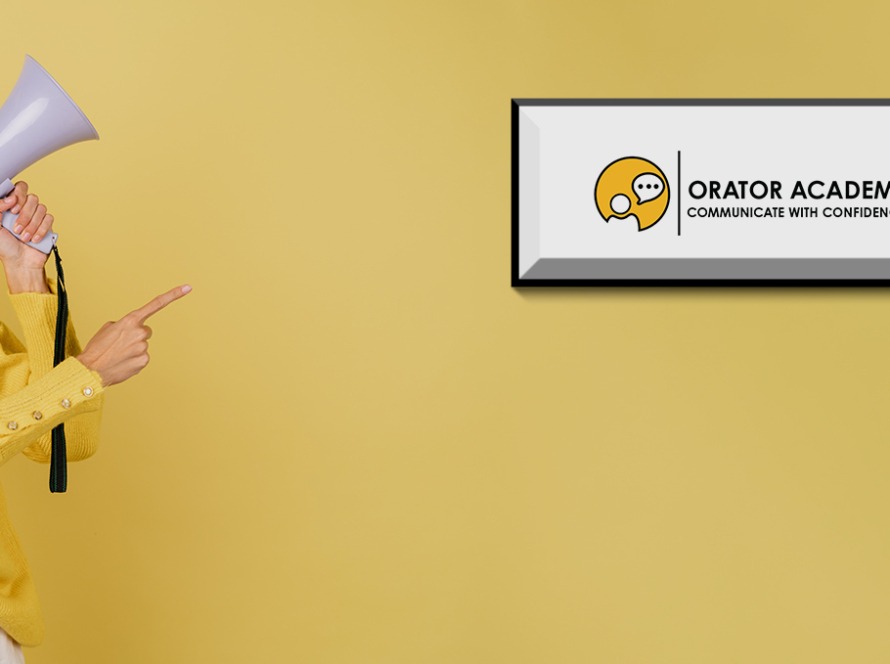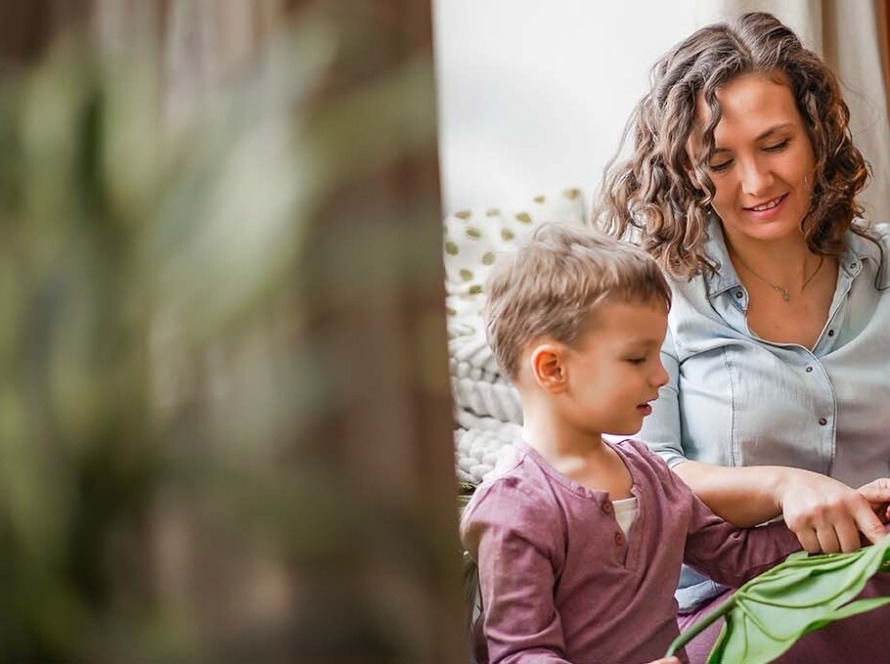Effective communication is essential in both personal and professional life. Interpersonal communication skills are the foundation of successful relationships, teamwork, and collaboration. However, not everyone is born with excellent communication skills.
The good news is that communication skills can be learned and improved through training and practice. In this article, we will explore the importance of interpersonal communication skills training, common barriers to effective communication, and techniques for improving interpersonal communication skills.
The Need for Interpersonal communication skills training
Interpersonal communication skills training is a program designed to improve communication skills and enhance the ability to interact with others effectively. The training focuses on teaching individuals how to communicate, be active listeners, and use non-verbal communication to precision. The program also focuses on assertiveness training, conflict resolution techniques, and role-playing exercises.
Interpersonal communication skills training is beneficial to anyone who interacts with others, whether in personal or professional life. The training can be customized to meet the specific needs of individuals, teams, or organizations. The program is interactive and involves various activities that help participants practice and improve their communication skills.
The Importance of Effective Communication in Personal and Professional Life
Effective communication is essential in personal and professional life. In personal life, communication helps build and maintain relationships, express feelings, and resolve conflicts. Communication is essential for teamwork, collaboration, and achieving business objectives in professional life. Poor communication can lead to misunderstandings, conflicts, and even failure to long term achieve goals.
The concept of effective communication can be fulfilled with the amalgamation of verbal and nonverbal communication. Verbal communication involves listening, speaking, and writing. On the other hand, Nonverbal communication involves controlling your body language, the tone of your voice, and facial expression. Both forms of communication play a vital role in sending and receiving messages.
Common Barriers to Effective Communication
Several barriers can hinder effective communication. These barriers can be categorized into three groups: Physical, Physiological, and Semantic barriers.
- Physical barriers: are obstacles that prevent the message from being conveyed accurately. Examples of physical barriers include noisy environments, distance, and technology problems. These barriers can interfere with both verbal and nonverbal communication.
- Physiological barriers: are barriers that affect the sender or receiver of the message. These barriers include hearing problems, speech impediments, and language differences. These barriers can affect the ability to send or receive messages accurately.
- Semantic barriers: are barriers caused by the use of uncommon language. These barriers occur when the meaning of the message is not understood due to language differences, jargon, or technical terms. Semantic barriers can lead to misunderstandings and misinterpretations.
Techniques for Improving Interpersonal Communication Skills
There are several techniques that individuals can use to improve their interpersonal communication skills. These techniques include active listening, nonverbal communication, assertiveness training, conflict resolution, and role-playing exercises.
- Active Listening Skills and Their Impact on Communication
Active listening is a technique that involves giving full attention to the speaker and understanding the message being conveyed. Active listening involves paying attention to both verbal and nonverbal communication. When listening actively, the listener should maintain eye contact, nod occasionally, and ask questions to clarify the message.
Active listening has several benefits, including building trust, strengthening relationships, and resolving conflicts. Active listening also helps to understand the speaker’s perspective, which can lead to better communication and problem-solving.
- Nonverbal Communication and Its Role in Effective Communication
Nonverbal communication is the use of body language, facial expressions, and tone of voice to convey messages. Nonverbal communication is essential in conveying emotions and attitudes. Nonverbal cues can also change the meaning of a message.
Understanding nonverbal communication is essential in improving interpersonal communication skills. Individuals can improve their nonverbal communication skills by maintaining eye contact, mirroring body language, and using appropriate facial expressions.
- Assertiveness Training and How It Can Improve Communication
Assertiveness training is a technique that involves teaching individuals how to express their opinions and feelings while respecting others’ opinions and feelings. Assertiveness training helps individuals to communicate effectively while maintaining relationships.
Assertiveness training involves several skills, including effective communication, problem-solving, and negotiation skills. These skills are essential in both personal and professional life.
- Conflict Resolution Techniques for Better Communication
Conflict resolution techniques are essential in improving interpersonal communication skills. Conflict resolution involves identifying the source of the conflict and finding a solution that satisfies both parties.
Conflict resolution techniques include active listening, assertiveness training, negotiation skills, and problem-solving skills. These techniques help individuals resolve conflicts effectively while maintaining relationships.
- Role-playing Exercises for Interpersonal Communication Skills Training
Role-playing exercises are an essential part of interpersonal communication skills training. Role-playing exercises involve simulating real-life situations and practicing communication skills. Role-playing exercises help individuals practice active listening, nonverbal communication, assertiveness training, and conflict-resolution techniques.
Role-playing exercises can be customized to meet specific needs, including personal and professional life situations. These interactive and engaging exercises make them an effective way to improve interpersonal communication skills.
Training Programs Available for Improving Interpersonal Communication Skills
Several training programs are available for individuals, teams, and organizations to improve interpersonal communication skills. These training programs are designed to meet specific needs and can be customized to meet individual or organizational requirements. Training programs are available both online and in person. Online programs are convenient and accessible, while in-person programs offer a more interactive and engaging experience.
Conclusion
Communication skills are essential to build relationships both in the professional as well as in personal spheres. Developing effective communication skills will enhance your confidence and allow you to provide adequate solutions to diverse problems.
If you are looking to improve your interpersonal communication skills, consider Orator Academy. The academy’s training programs are designed to meet specific needs and can be customized to meet individual and organizational requirements. The expert coach at Orator Academy will guide you through the entire process and make the aspect of gaining proficient communication skills easier. Check the official website of Orator Academy to gain more information about the premium services offered by the firm.



